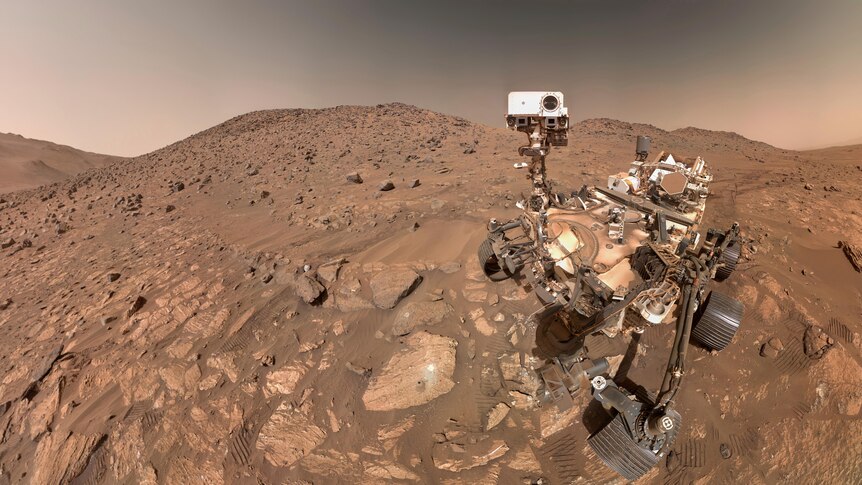
NASA’s Perseverance rover has achieved a significant milestone by recording lightning on Mars for the first time. Over a span of four years, the rover’s microphones have detected more than 50 instances of lightning activity, revealing new insights into the Martian atmosphere.
This groundbreaking discovery, detailed in a study published in 2023, marks a notable advancement in our understanding of weather phenomena on other planets. The recordings were made during various Martian seasons, showcasing a variety of lightning events. The ability to capture these sounds not only adds to the scientific knowledge about Mars but also provides a unique perspective on its environmental conditions.
Insights from the Data
Researchers analyzed the audio captured by the Perseverance rover’s microphones, which were designed primarily for recording sounds during its mission. The findings suggest that lightning on Mars may be more common than previously thought. The detected electrical discharges could offer valuable information about the planet’s atmospheric processes.
Lightning on Mars differs significantly from that on Earth. The planet’s thin atmosphere and lower pressure create a unique environment for electrical discharges. Understanding these differences is crucial for scientists aiming to unravel the complexities of Martian weather systems.
The Perseverance rover, which landed on Mars in February 2021, continues to explore the Jezero Crater region. Its mission includes searching for signs of ancient microbial life and collecting rock and soil samples for future return to Earth. The lightning recordings are just one aspect of the rover’s extensive research efforts.
Implications for Future Exploration
This discovery opens new avenues for future exploration and research on Mars. By studying lightning and other weather phenomena, scientists can gain deeper insights into the planet’s climate and geology. The information gathered could prove essential for planning future manned missions to Mars.
Incorporating sound data into the study of planetary atmospheres is a relatively new approach, and the success of the Perseverance rover sets a precedent for future missions. As technology continues to evolve, the potential to explore and understand other planets grows exponentially.
The findings from the Perseverance rover not only enhance our knowledge of Mars but also ignite curiosity about the unknown aspects of our solar system. As we continue to explore these distant worlds, the sounds captured by rovers like Perseverance will play an integral role in expanding our understanding of the cosmos.






